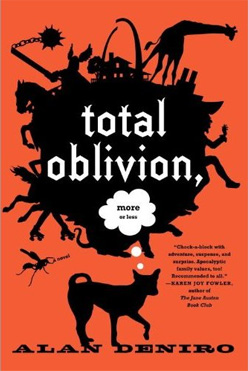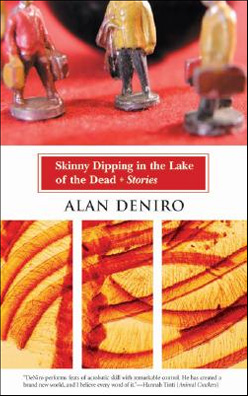So this is “The Post” that I’ve been working on since 1/3. I’ve cut out about 60%.
I’ve muddled through to some speculative elements of speculative writing:
1. inchoate wonder (id)
2. extrapolative precision (superego)
3. the speculative “breath” (ego)
These 3 will probably need some explaining. And feel free to ignore the little parentheticals I put there. Purely for demonstration purposes, ymmv, etc.
The first involves primordial feelings of adventure, eyeball kicks, and pure-grade “cool shit.” Taken on its own, it’s pretty much devoid of societal value but as can be seen it’s always done as a complement to the other two pieces. Whether this adventure is inculcated at an early age or innate is likely open to debate. (I’ve been reading a book called The Ideology of Adventure, and that might throw this whole one-third of my theory for a loop).
The second might be, on the surface, self-explanatory. But this is also a constantly moving target; in the early issues of Amazing Stories, even Poe was reprinted by Gernsback as an extrapolative writer. This doesn’t necessarily mean “hard science only.”
The third might be the most difficult to explain-and “breath” felt like an imprecise term. It’s a term from poetics, involving the space between lines, the line as a unit of measure as opposed to the sentence. What is the “unit of measure” for a work of speculative fiction? It is, for my money, phrasal and syntactical; namely, the common example of “Her world exploded” being presented, in a speculative space, in quite a different way than in a story that is coded as “realistic.” But the brain has to make a turn to parse that sentence speculatively; and this is done only through language. It’s not done through the idea but rather the execution of the idea; namely, the style. And even a poorly written SF piece is shooting for this type of reorientation of thought. In other words, the choice to write speculative fiction is a stylistic choice in of itself.
How these three different elements blend together in a story, poem, etc. is what gives pieces their different inflections, writers their different toolkits.
Thoughts? Does this make sense or is it way too obvious?





I apologize in advance. I linked your great post to the burgeoning thread about Doug’s story at SH.
Forgive me.
http://www.strangehorizons.com//ubbthreads/showflat.php?Cat=&Board=fiction&Number=1297&page=&view=&sb=5&o=&fpart=all&vc=1
Barth
Might be interesting to compare with something Bruce Sterling is doing for a design class in California on his blog:
http://wiredblogs.tripod.com/sterling/index.blog?entry_id=634097
m.